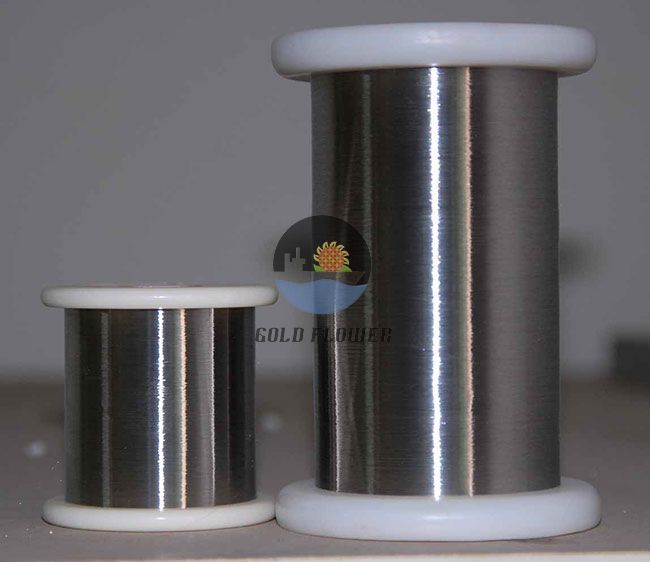Ott . 14, 2024 13:07 Back to list
Enhancing Indoor Air Quality with Superior Filter Selection and Maintenance Strategies
Air Filter Quality Understanding Its Importance for Health and Environment
In today's world, where urbanization and industrialization have significantly impacted air quality, the importance of air filter quality cannot be overstated. Air filters are essential components in various settings, from residential homes to industrial facilities, and they play a critical role in maintaining healthy indoor air quality. This article will explore the significance of air filter quality, the different types available, and tips for selecting the best products to ensure clean air.
The primary function of an air filter is to capture airborne particles, including dust, pollen, mold spores, pet dander, and other allergens. High-quality air filters are designed to trap a higher percentage of these pollutants, leading to a healthier indoor environment. Poor air quality can contribute to severe health issues, including respiratory problems, allergies, and even cardiovascular diseases. Thus, investing in a high-quality air filter is not only a matter of comfort but also a crucial health decision.
Air filters are typically classified based on their efficiency ratings, most commonly represented by the MERV (Minimum Efficiency Reporting Value) scale, which ranges from 1 to 16. Filters with higher MERV ratings are capable of capturing smaller particles more effectively. For instance, a MERV rating of 13 or higher is often recommended for residential settings as they can filter out fine particles, including those linked to smoke, smog, and even some bacteria. However, it is essential to strike a balance, as filters with very high MERV ratings could restrict airflow in HVAC systems not designed for such dense filters.
air filter quality

In addition to MERV ratings, HEPA (High-Efficiency Particulate Air) filters are renowned for their high filtering abilities. These filters can trap at least 99.97% of particles that are 0.3 microns in diameter. HEPA filters are common in environments requiring stringent air quality standards, such as hospitals and laboratories. However, they can also be a great addition to homes, particularly for individuals suffering from asthma or allergies.
When selecting an air filter, it’s crucial to consider not just the efficiency but also the filter's longevity and maintenance requirements. Frequent replacement of filters can lead to increased costs and inconvenience. Some filters, such as electrostatic filters, can be washed and reused, which may be a more economical and environmentally friendly option. Additionally, many modern air purifiers come with built-in indicators to signal when it’s time for a replacement, helping homeowners maintain optimal air quality with minimal effort.
Another aspect worth considering is the type of air purifier or HVAC system being used. Certain models may work better with specific filters, and compatibility is crucial to ensure efficiency. It is also advisable to consult manufacturer guidelines to choose the appropriate filter that fulfills the necessary airflow and efficiency criteria.
In conclusion, air filter quality is vital for safeguarding health and enhancing the quality of indoor environments. By understanding the various types of air filters and their ratings, consumers can make informed decisions that ensure cleaner, healthier air. Whether in a residential space, workplace, or industrial setting, choosing high-quality air filters can dramatically improve indoor air quality, leading to better overall health and well-being. Prioritizing air filter quality is an investment in a healthier future for ourselves and the environment.
share
-
CE Certified 250 Micron Stainless Steel Filter Mesh | Premium
NewsJul.31,2025
-
CE Certified 250 Micron Stainless Steel Mesh | Premium Filter
NewsJul.31,2025
-
CE Certification Buy Wire Mesh Fence for High Security and Durability
NewsJul.30,2025
-
Stainless Steel Mesh Filter Discs for Precise Filtration Solutions
NewsJul.29,2025
-
CE Certification 250 Micron Stainless Steel Mesh for Industrial Use
NewsJul.29,2025
-
Premium Stainless Steel Weave Mesh for Filtration and Security
NewsJul.29,2025

